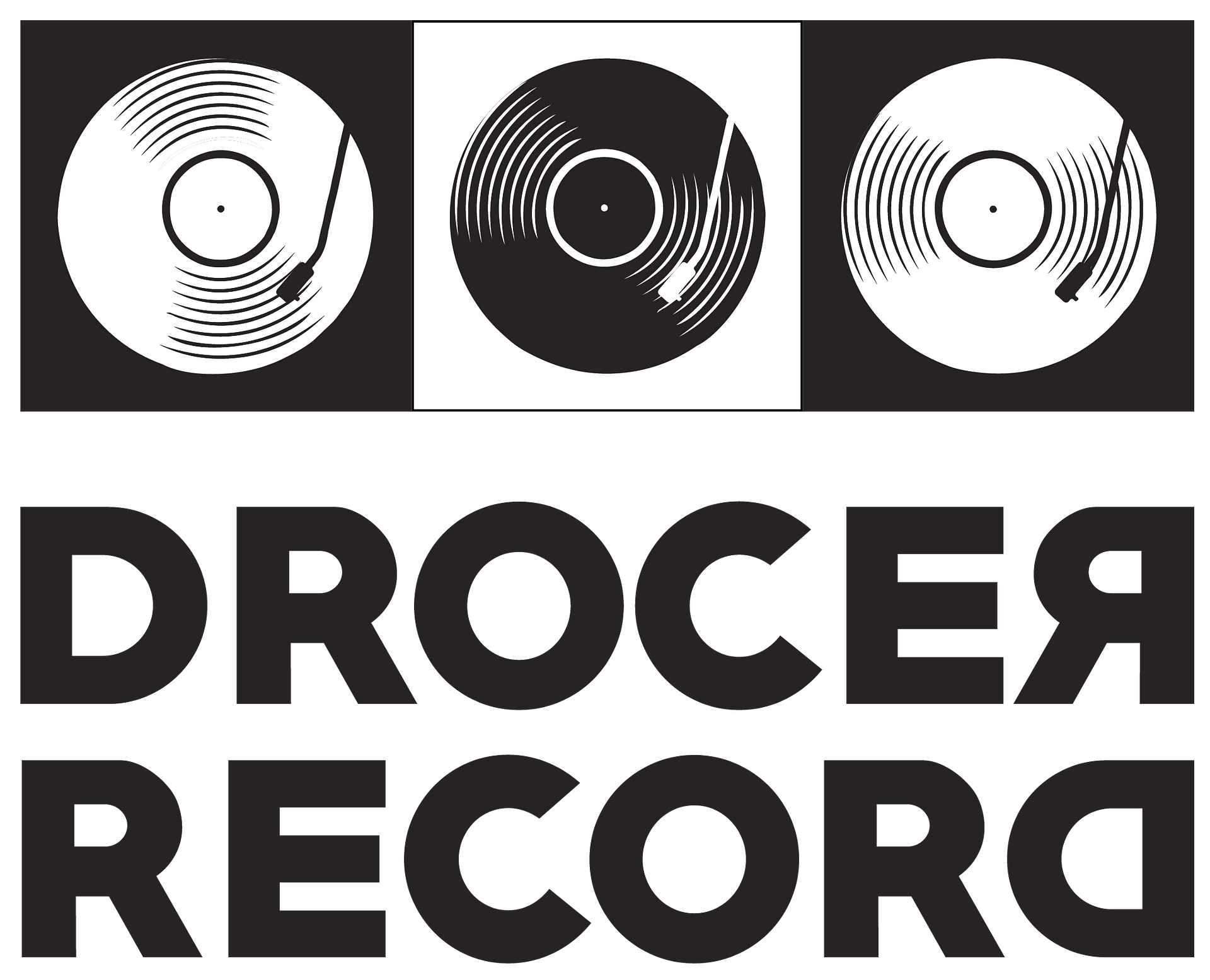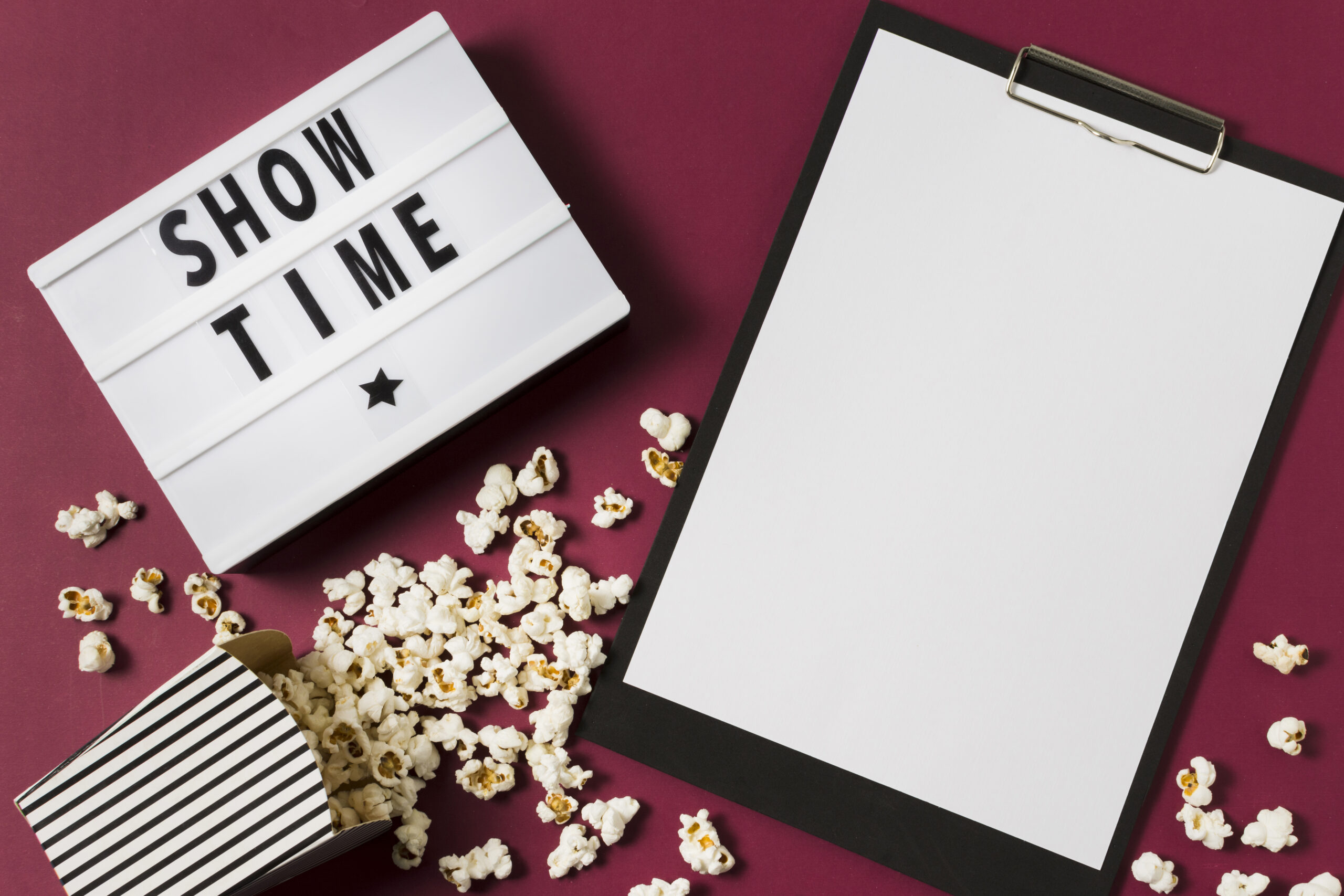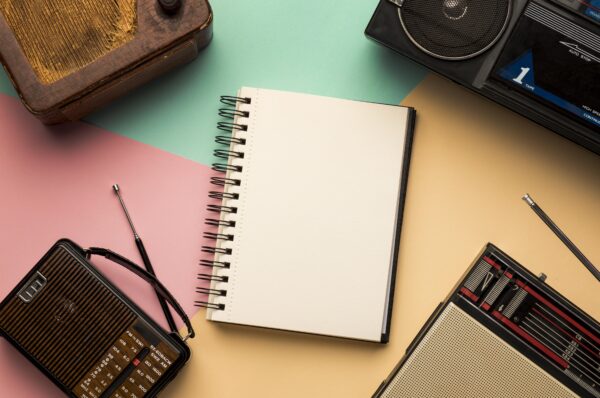Studio headphones are made with clarity and clarity in mind and are a go-to pick for audio engineers and hobbyists. But are they great for casual music? This review will cover what studio headphones are, how they differ from the consumer headphones, and if they are right for you.
What Are Studio Headphones?
Studio headphones are professional-grade audio devices primarily used for:
- Recording: Keeping the track of the sounds during the vocal or instrumental recordings.
- Mixing and Mastering: Giving an uncolored soundscape to edit audio precisely.
- Broadcasting: Clear, balanced audio for radio or podcasts.
Features of Studio Headphones
- Flat Frequency Response
- Unlike consumer headphones, which often boost bass or treble frequencies, studio headphones aim for a flat frequency response. This ensures you hear the audio as it was intended by the producer.
- High Build Quality
- Studio headphones are built to withstand long hours of use. They often feature durable materials, replaceable parts, and comfortable ear padding.
- Closed-Back vs. Open-Back Designs
- Closed-Back: Minimizes sound leakage and external noise, ideal for recording.
- Open-Back: Provides a more natural sound but is less isolated, perfect for mixing.
- Impedance Levels
- Studio headphones typically have higher impedance, requiring dedicated amplifiers for optimal performance.
Advantages of Studio Headphones for Music Listening
1. Unmatched Sound Accuracy
Studio headphones provide a detailed and uncolored sound profile, making them ideal for audiophiles who want to experience music as it was recorded.
2. Enhanced Comfort
Designed for prolonged use, they often feature ergonomic designs and lightweight builds, ensuring comfort during extended listening sessions.
3. Versatility
Studio headphones are suitable for various music genres, offering clarity across lows, mids, and highs.
Limitations of Studio Headphones for Casual Listening
1. Flat Sound Signature
While a flat frequency response is great for professionals, casual listeners may find it lacking in the bass-heavy or treble-rich profiles they prefer.
2. Higher Cost
Studio headphones often come at a premium price compared to consumer-grade options.
3. Requires External Equipment
High-impedance models may require an amplifier or DAC (Digital-to-Analog Converter) for optimal performance, adding to the cost and complexity.
Studio Headphones vs. Consumer Headphones
| Feature | Studio Headphones | Consumer Headphones |
| Sound Profile | Neutral, flat frequency response | Enhanced bass/treble for casual use |
| Comfort | Designed for long sessions | Varies by model |
| Durability | Built to last, replaceable parts | May lack durability |
| Price | Higher | Affordable options available |
| Use Case | Professional audio work | General music and entertainment |
When to Choose Studio Headphones for Music Listening
1. If You Are an Audiophile
If you value sound accuracy and detail, studio headphones are a great choice. Pair them with a quality vinyl setup to enjoy Hindi LP Vinyl Records or classic tracks in their purest form.
2. For Multi-Purpose Use
Studio headphones are versatile and can handle various audio tasks beyond music, including gaming, video editing, and podcasting.
3. When Paired with High-Quality Equipment
Using a buy vinyl records player or an amplifier can elevate your listening experience with studio headphones.
Tips for Enhancing Your Listening Experience
1. Choose the Right Model
Consider closed-back models for noise isolation or open-back for a more immersive experience.
2. Pair with Quality Audio Sources
Studio headphones shine when paired with high-fidelity sources like vinyl records or lossless digital formats.
3. Maintain Your Equipment
Regular cleaning and proper storage are crucial. Learn how to take care of vinyl records and headphones to ensure longevity.
4. Explore Various Genres
Test your studio headphones with different genres to appreciate their ability to reproduce intricate details.
Frequently Asked Questions
Q1: Can studio headphones replace regular headphones for daily use?
Yes, but be prepared for a more neutral sound signature and the need for additional equipment like amplifiers.
Q2: Are studio headphones worth the investment?
For audiophiles, professionals, or anyone serious about music quality, studio headphones are worth the cost.
Q3: Do studio headphones work well with vinyl records?
Absolutely. Studio headphones, when paired with a quality turntable and speakers, can provide an unmatched listening experience. Discover best speakers for vinyl records to complement your setup.
Q4: What is the oldest vinyl record and can it be played on modern equipment?
The oldest vinyl record requires careful handling and specialized equipment to preserve its integrity while playing.
Conclusion
The studio headphones are great for music listening if you’re a fan of high-quality sound. They don’t have the distorted bass or treble some consumer headphones do, but they sound as they sound, which makes them an indispensable piece of audio equipment for lovers and pros alike.
Enhance your listening experience by pairing studio headphones with high-quality audio sources like vinyl records or lossless digital tracks. Explore our guides on how to take care of vinyl records and buying the best vinyl record players to make the most of your audio equipment.




